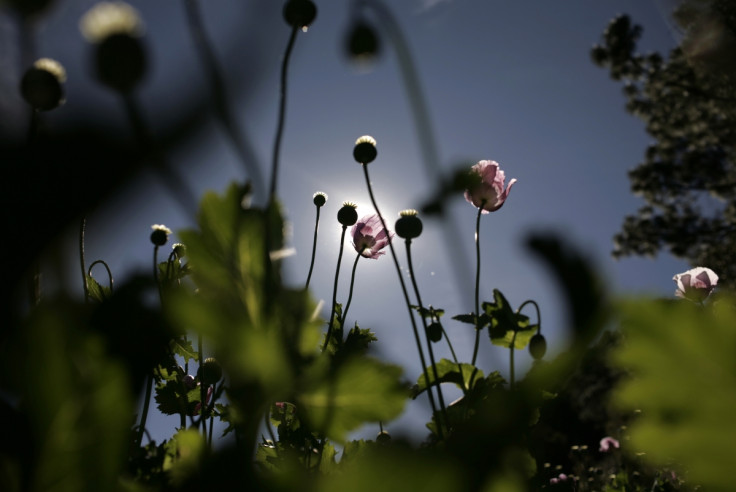Mexico's Marijuana Farmers Switch to Heroin as US Legalisation Hits Profits

With marijuana prices in the US falling after the laws prohibiting the drug were relaxed in several states, impoverished Mexican farmers are turning to the cultivation of heroin poppies.
Last year, US authorities seized 2,162 kilogrammes of heroin on the Mexican border, up from 367kg in 2007.
In Mexico's Golden Triangle in the state of Sinaloa, which is reknown as a base for marijuana cultivation, farmer say that prices for the crop have fallen from $100 per kg five years ago to just $25 per kg.
"It's not worth it anymore," Rodrigo Silla, 50, a Mexican farmer, told the Washington Post.
"I wish the Americans would stop this legalisation."
In California, farmers reported a similar collapse in prices. Cultivators told the paper that during the 1980s marijuana was worth more by weight than gold, but since Californian legislators voted to allow cultivation of the drug for medicinal purposes in 1996, prices had dropped as much as 80% from their peak.
Since then, 20 other US states as well as the District of Columbia have followed suit. This year, Colorado became the first state to legalise the recreational use of cannabis, with Washington state to allow pot to be sold over the counter for recreational use later this year.
However, with US towns and cities now flooded with heroin, prices have now fallen to as low as $4 a hit.
In March, US attorney general Eric Holder said that there had been a surge in heroin use in the US, and that a growing number of overdoses of the drug constitutes "an urgent and growing public health crisis".
The announcement was made after the death of actor Philip Seymour Hoffman from a heroin overdose.
Official figures show that heroin use has risen 79% across the US between 2007 and 2012.
According to DEA officials, dealers usually target areas where there are high rates of addiction to prescription painkillers, setting up shop outside methadone clinics, with the high offered by heroin more intense and more lasting than that offered by prescription drugs.
"When you have a product losing value, you diversify, and that's true of any farmer," David Shirk, a Mexico researcher at the University of California at San Diego told the Post. "The wave of opium poppies we're seeing is at least partially driven by changes we're making in marijuana drug policy."
© Copyright IBTimes 2025. All rights reserved.






















